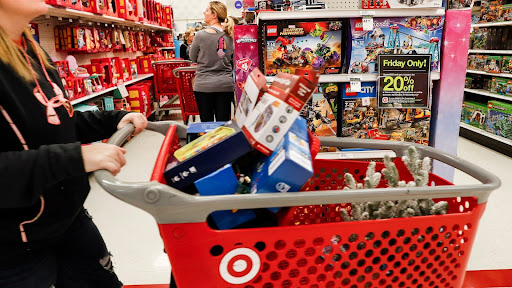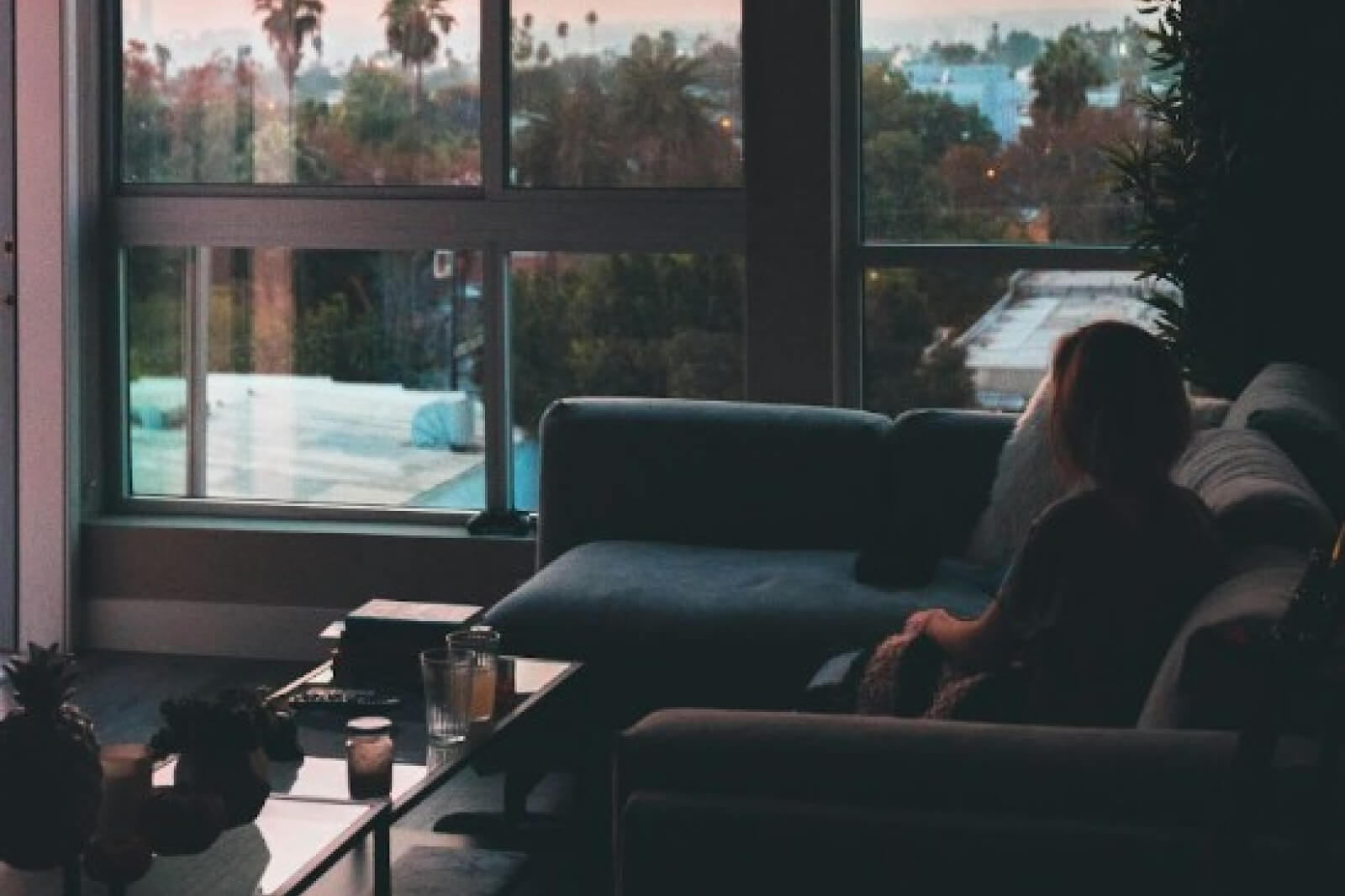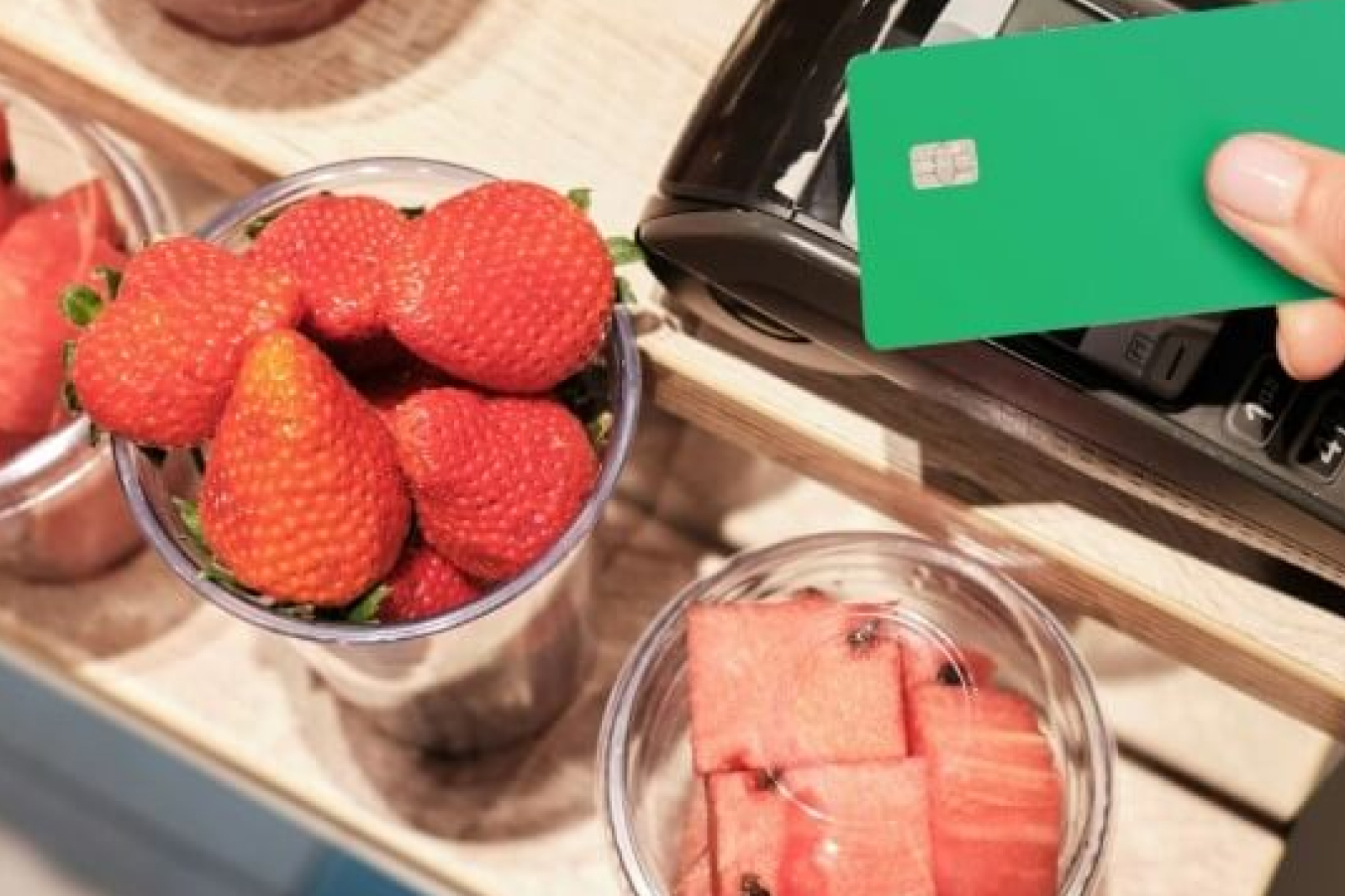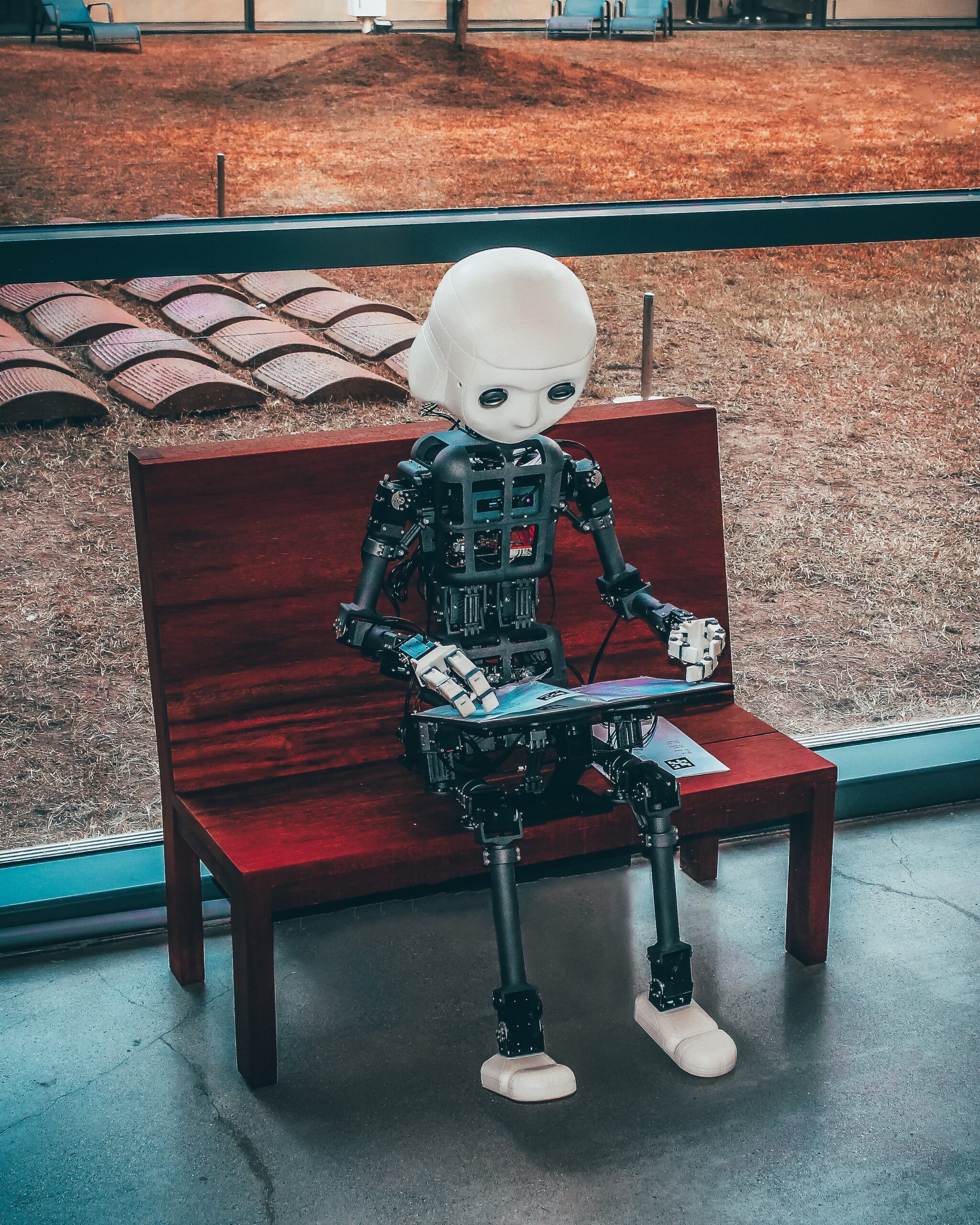Why Every Office Should Have a Nap Room

Apr 11 | 2017

The mid-day slump is no joke. After lunch, your brain just wants to rest. This is why so many office workers tend to have an afternoon cup of coffee to power through. But what you probably really need is a short power nap. Unfortunately, this kind of behavior is not usually accepted in the modern office. Sure, if you really want to take a nap, you could sneak under your desk like George Costanza. However, what really should be happening is a complete culture change.
Sleep improves your productivity, so we should stop viewing it as a lazy activity. It’s easy to think that sleep is not productive. From the outside, you’re really not doing much. You’re just laying there. However, on the inside, your brain is sorting through information and clearing out dust, so to speak. Getting enough sleep is crucial to your health and well being, but taking a short nap in the afternoon is just enough to kickstart the rest of your day.
About 43 percent of Americans say they need more sleep, according to a 2013 Gallup poll. The same survey found that 40 percent of adults in the country get less than seven hours of shut eye a night. Meanwhile, eight hours is the actual recommended amount you should be sleeping to stay healthy. With our current work culture, it’s more acceptable to lose sleep to work than it is to take some time to rest and recharge. But this mentality is completely wrong.
Naps don’t take away from productivity. They improve it. During the mid-day slump, it can be hard to focus on anything — let alone get anything done. Instead of wasting time trying and failing to complete tasks, you could take a short nap and then be able to jump right back into your work with renewed energy and focus.
Why does this work? Several studies have found that while a person is awake but tired or sleepy, the neurons involved in memory will not fire. Meaning, you seem awake, but your brain really isn’t. Accessing memories or creating new ones can be a challenge. A short 15-minute nap can fix this situation. However, a longer 30-minute or 60-minute nap can put you into a deeper sleep, causing you to be groggy when you wake up. And while you really should get enough sleep at night, taking a nap during the day can also help combat sleep deprivation — if needed.
Some companies have been early adopters of the idea that sleep improves productivity. Google and The Huffington Post have set up nap rooms in their offices. There are entire companies that manufacture ergonomic recliners with an adjustable pod top to block out the light. The perfect piece of furniture for a mid-day power nap. Unfortunately, mainstream work culture still hasn’t caught up with the science. And it really should.










